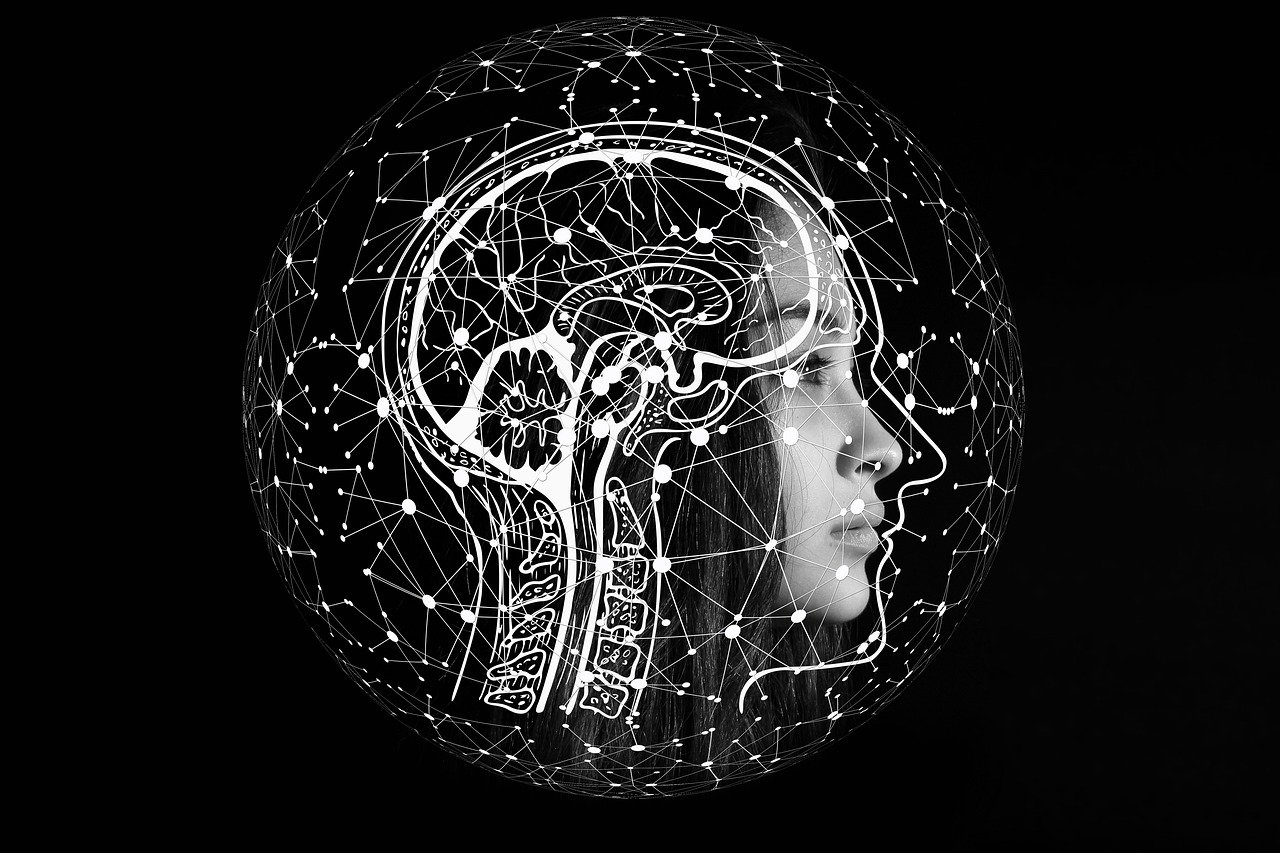
"Mollick notes in his book that AI tools have the capacity to create enhanced expertise on anything and everything by everyone and anyone. This dynamic is already playing out in legal practice. Want to be an expert on non disclosure agreements? You can do several AI prompts and get much of what you need to know to get by, at least for more routine questions."
"Mollick insists, however, that expertise in most fields will still be necessary and critical. If nothing else, there needs to be experts to determine the accuracy and completeness of AI outputs, to catch the hallucinations, to see when an output is simply off mark or not relevant to the situation. To apply the information effectively. Where will these experts come from when AI already has access to all the expertise that exists?"
"Historically, the guild system was used to train lawyers and help them become experts. The system works like this: the young lawyer graduates from law school and goes to work for an experienced lawyer. The young lawyer potentially sits at the feet of the experienced lawyer and learns through observation and undertaking assigned tasks under the experienced lawyer's supervision. By seeing and experiencing various scenarios and undertaking tasks repeatedly, the young lawyer learns to engage in critical thinking, assess"
AI tools can create enhanced expertise on virtually any subject, allowing many people to handle routine legal matters after a few prompts. Human experts remain essential to verify accuracy, catch hallucinations, ensure relevance, and apply information to specific contexts. New pipelines for developing experts will be needed, and AI itself can assist in training future specialists. Traditional guild-style apprenticeship in law relied on observation, supervised tasks, repetition, and mentorship to build judgment. Legal training faces pressure as easily accessible AI knowledge challenges conventional methods and calls for redesigned approaches to cultivate deep applied expertise.
Read at Above the Law
Unable to calculate read time
Collection
[
|
...
]